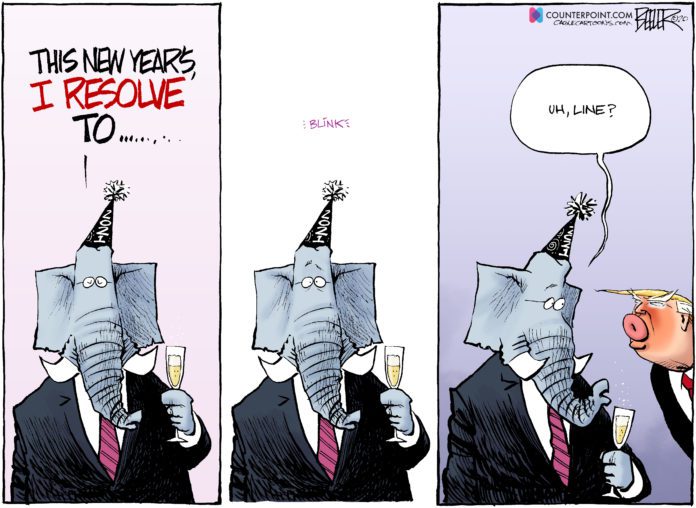It is shocking to see so many Republicans criticizing the value of democracy itself in their arguments that legislatures should overturn the presidential election in swing states and appoint their own electors and that courts should allow them to do so.
It seems as if many Republicans are conflating their antipathy for the Democratic Party with the value of small “d” democracy. Some of these Republicans treat “democracy” as if it is a dirty word and somehow antithetical to a constitutional republic, but that is simply not the case when it comes to our system of government.
You may have heard the mantra repeated by many of these Republicans since the defeat of Trump. “We are not a democracy,” they say. “We are a constitutional republic,” they say.
Yes, we are a constitutional republic, but that is not antithetical to representative democracy. Representative democracy is the process by which we build a constitutional republic that represents the people. The founders rightly saw the problems of direct democracy in which the people vote directly on every piece of legislation, but they valued democratic processes as the way to elect our representatives.
The founders were not democratic enough in that they excluded women and people of color from voting, and their processes for selecting U.S. senators were also not democratic enough in that the senators were not originally elected by a direct vote of the people; but over time and through great struggles, we have developed a strong national consensus that having democratically elected representatives is a good thing.
Hearing the language and seeing the actions of many Republicans who want to overturn the presidential election make it appear that they are willing to destroy our national consensus for democracy and replace it with less democratic and increasingly more authoritarian means for the maintenance and expansion of their power, and that is a truly sad and dangerous state of affairs.







